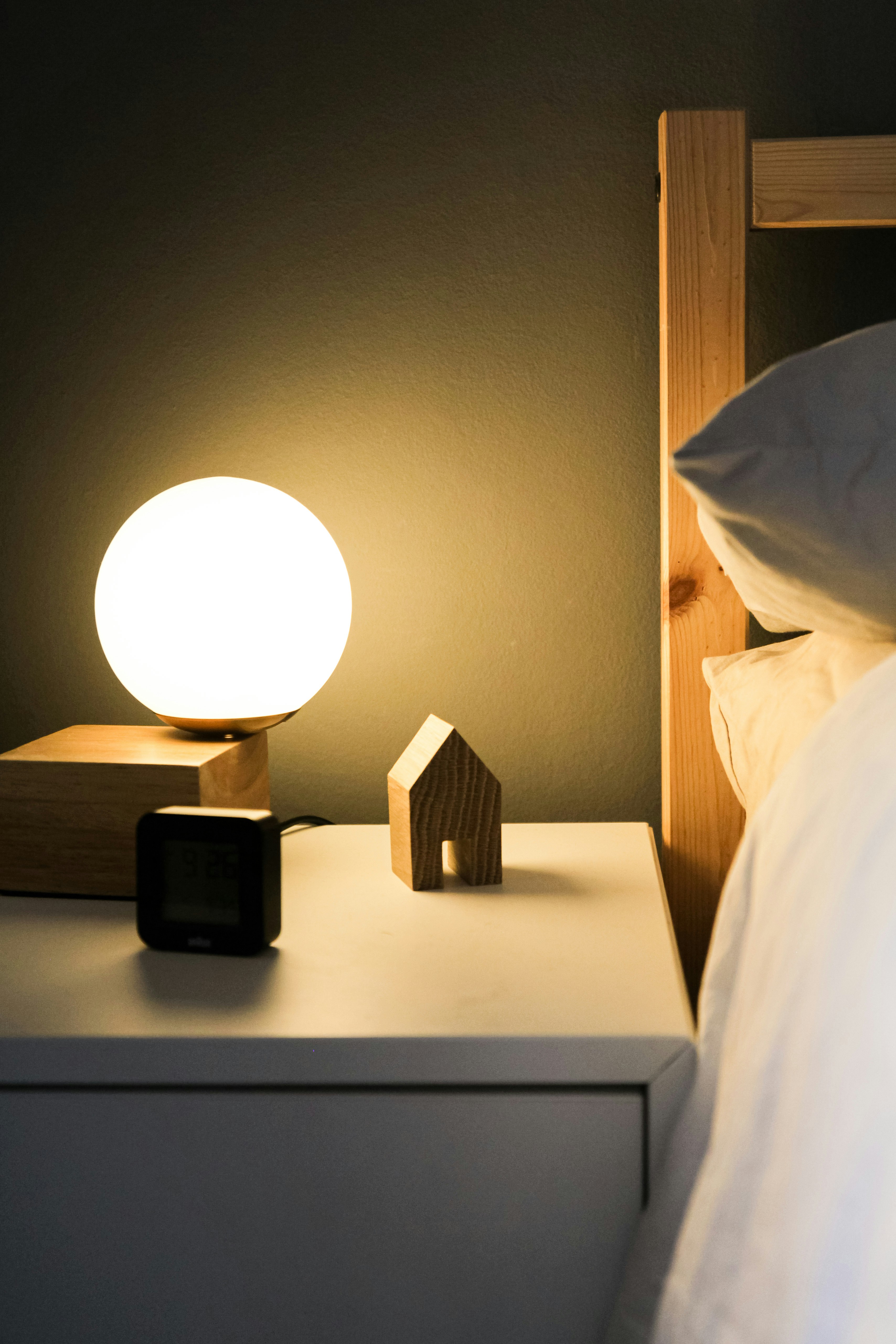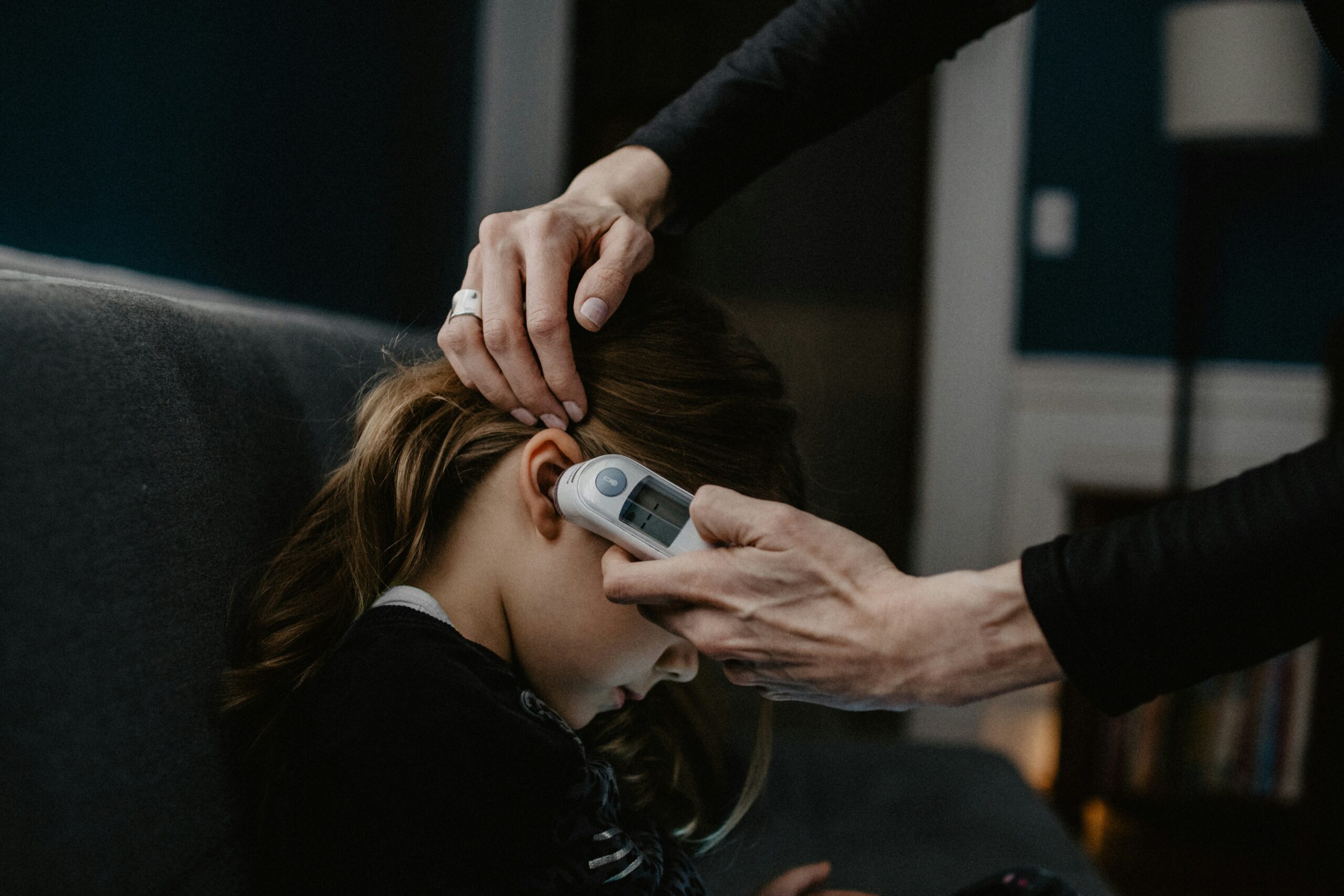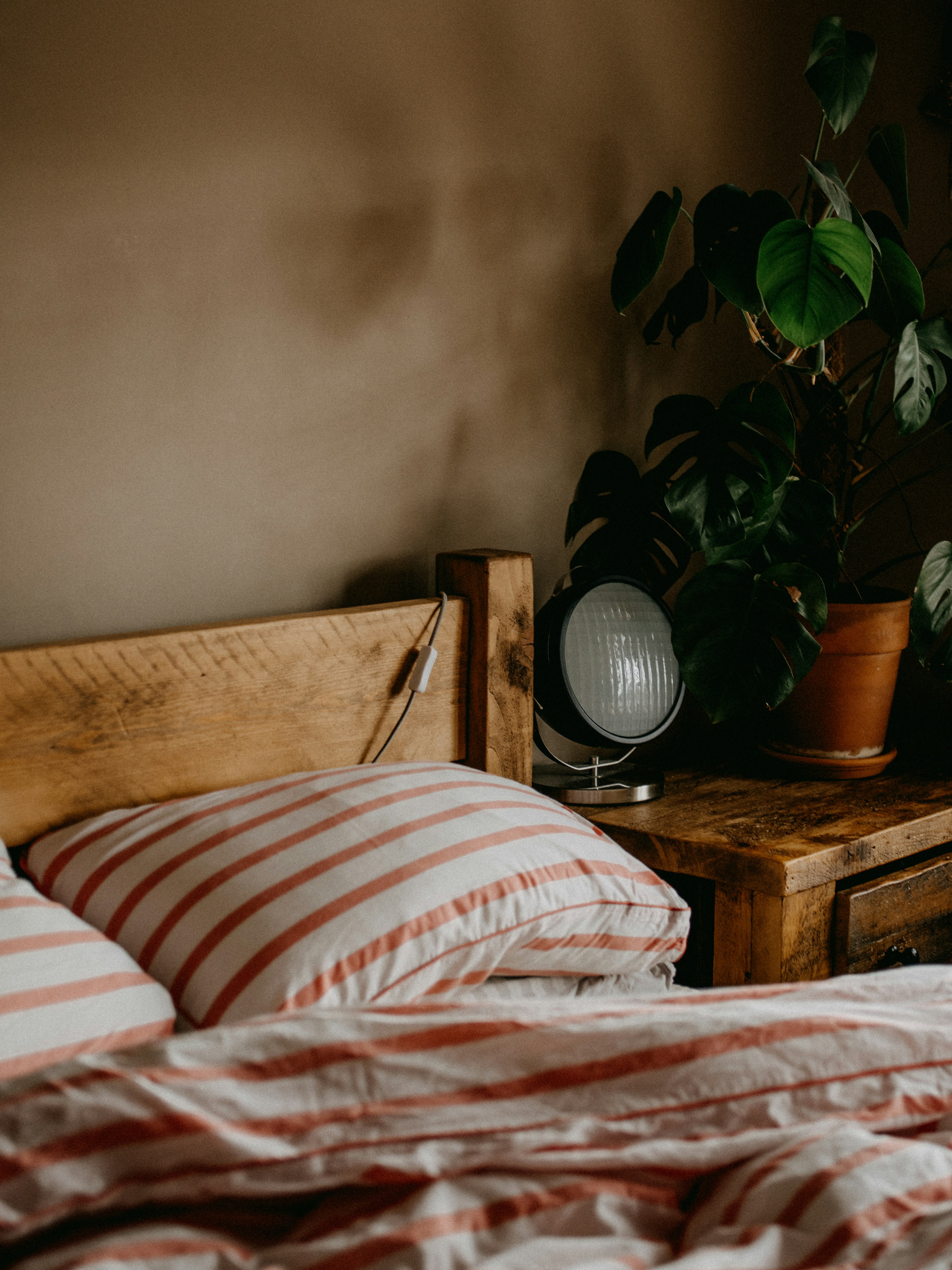AAAAAAAAAND SLEEP!
This is what my husband jokingly says to the kids at bedtime sometimes. He is using this as a reference to what his drill sergeant would say at lights out during his military days. It’s a funny phrase when you think about it because it’s a command for you to sleep immediately, but sleep is one of those things that you can’t do instantly unlike, say, eating or writing. Sleep is often something that someone, unless reeeeallly exhausted, settles into and gradually slumber washes over you.

For me, sleep has been a challenge since I had kids, as I’m sure it is for most parents. When you first become a parent sleep is non-existent. Then as your children get older, you slowly get back into some sort of sleep regimen. But, for some of us, it’s never what it used to be before kids. It’s been almost nine years since I knew what ‘good’ sleep is. My kids still have the occasional waking during the night; there’s the usual night terrors or illness or just wanting to sleep in Mom and Dad’s bed. Of course, in my case, there are three of them and they all seem to have this secret rotation, that I’m not made aware of, that causes me to have many night-waking. It’s getting easier though as they get older. I’m able to create a nighttime routine (although I have yet to master it) and get the allotted amount of sleep I need. However, it’s the issue isn’t the quantity but the quality of sleep I get.
A friend once mentioned the term “guard your sleep.” I never really knew what it meant until I started (now) making sleep a priority. Now the meaning interests me. According to an article by Rob Waldron on www.curriculumassociates.com, guarding your sleep means having a consistent sleep routine that will help you get acclimated to healthier sleep habits. This includes actions like going to bed early, setting an alarm, and limiting screen time. The key is practicing the same routine each day so that once your body is accustomed to this pattern, it will result in better quality sleep. Set, sleep, succeed. Safeguarding your sleep is crucial for promoting a more active lifestyle or, at least, is important for your motivation to be active because it promotes a more youthful and alert feeling.


It’s not new information though, is it? It’s almost common sense to know how healthy a good night’s sleep is for you and the benefits it can present in your life. Just like eating healthy. The challenge is how to get that quality sleep when life presents some obstacles. Life will always have ups and downs. Your kid gets sick during the night, or you have a special occasion that interrupts your sleep schedule. How do we manage those hiccups? How do we start getting quality sleep after major life changes that have interrupted our sleep for a long period of time? Well, like everything, you need a plan. Create a schedule of things that will help you sleep and allot the time in the evening to do them. Then start to apply it little by little. I always get stuck on getting it all done perfectly, but I have to keep reminding myself that it’s okay if I only get one or two things done. For instance, if my routine is to stretch a little, do some deep breathing or meditation, cut out screen time an hour before, and read for 30 minutes to get sleepy, it’s okay if I’m only able to cut out screen time and read. Eventually, if you stick to it, all of what you have scheduled will happen. Just give it time and give yourself some patience and compassion.




Another friend of mine recently mentioned another term that only recently struck my curiosity. It’s following our circadian rhythm. It seems to be a bit of a buzzword right now, but there’s some merit to it. According to the National Institute of Health (NIH), a circadian rhythm, your body’s clock, is the physical, mental, and behavioral changes your body experiences over a 24-hour cycle. Every part of your body has its own circadian rhythm, and they are collectively tuned to the daily cycle of day and night. Therefore, there is a strong influential connection between sleep patterns and circadian rhythms (among other things like food intake, stress, physical activity, and so on). The NIH also reports that abnormal circadian rhythms may be linked to obesity, depression, and sleep disorders like insomnia. The good news is you can normalize your circadian rhythms and avoid these motivation killers. Starting with your sleep.
The Cleveland Clinic suggests adjusting your lighting, taking melatonin, and adjusting sleep behavior, also known as ‘sleep hygiene’. Going back to what I said earlier sleep hygiene behaviors include setting and keeping a consistent sleep schedule and bedtime routine. Other suggestions include avoiding alcohol, meals, and even limiting fluid intake close to bedtime, gradually moving your bedtime, making enough time for sleep, using your bedroom for sleeping (i.e. no watching TV in bed), and avoiding bright lights and electronic screens close to bedtime.
Bottom line: Prioritize yourself.



This was (and is) a tough one for me as a mother. But now that I’m entering another season of life I’m taking time out to care for me. I’ve made 2023 and 2024 the start of my self-care journey. Sleep is on my list of priorities for improvement. I don’t know about you, but I need good sleep. It’s time for me to get it back. Sweet dreams.
A xo
Leave a Reply